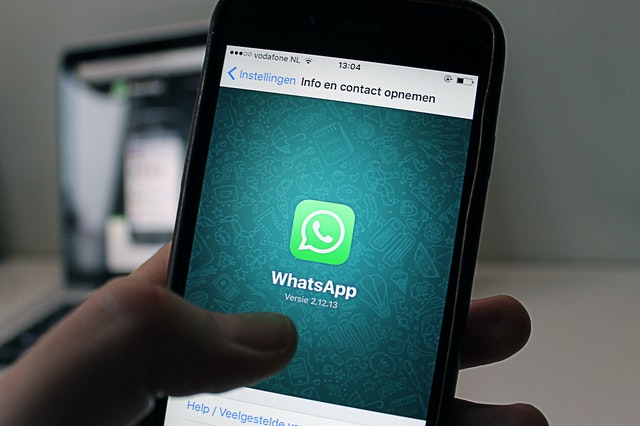Many people, not only in Singapore, but all around the world, now have to work from home (#wfh) because of the covid-19 coronavirus pandemic that has shaken the entire world.
And while working from home may have its perks such as flexible hours, wearing comfortable clothes or pyjamas and no crowded commutes to the office, it has also created mental issues such as a loss of autonomy, forced isolation and an uncertainty of when the situation will improve again.

Photo by Andrea Piacquadio from Pexels
As such, many people’s mental state may have been affected and they may suffer from burnout as a result.
Thus it is also no surprise that the number of mental illness cases have risen globally since the coronavirus pandemic and people have been forced into isolations.
Dr. Jonathan Ti, from DTAP Clinic Robertson, shares some tips on how to cope with #wfh burnout issues.
Said Dr. Ti, “Burnout is a state of physical, emotional and mental exhaustion caused by prolonged involvement in emotionally draining situations, especially in the context of work.”
It is characterised by emotional exhaustion, depersonalisation and a low sense of personal achievement and is classified by the World Health Organisation as a syndrome that is caused by chronic workplace stress.
Said Dr. Ti, “Burnout occurs gradually and insidiously so recognise the early symptoms that may signal a need to address things before they get worse.”
The #wfh paradigm created by the coronavirus pandemic has intensified the factors that cause burnout, including a blurring of boundaries between personal and work life, a lack of control over the situation and a forced reduction in social interaction.
A few of the signs and symptoms of burnout include loss of humour, depressed mood, feelings of guilt, hopelessness, negativity, poor concentration and mistrust, stereotyping as well as inefficiency and procrastination, tiredness and lethargy, and also changes in appetite, frequent headaches and unexplained muscle pains.
If you are feeling any of these symptoms, do monitor yourself carefully in case you may be on the verge of a burnout.
According to Dr. Ti, here are the ways to cope with #wfh burnout.
[1] Boundaries are important
Plan a schedule for work duties and another for personal life, create a dedicated work space at home and have a simple transition ritual, such as making a cup of coffee or even showering and changing out of your pyjamas, according to Dr. Ti. These help to create boundaries between working and personal life and will signal to everyone that you are in work mode and are not to be disturbed.
[2] Manage your priorities
Instead of trying to appear productive and performing immediate tasks, you should focus on what is the most important and pressing tasks to complete.
As well, prioritise your non-work life too, setting aside dedicated time to sleep, to eat, and to engage in some of your hobbies as well as physical exercise. Don’t lose yourself in your work.
[3] Connect with people
While it is impossible to connect with each other face-to-face, you must try and stay connected with personal friends and family members through methods such as WhatsApp, video chats, virtual exercises or even virtual games. These will give you something to look forward to and can help to put things into perspective, so that you do not isolate yourself in your work, according to Dr. Ti.

Photo by Anton from Pexels
[4] Reframe your perspectives
“Certain personalities can be more prone to burnout than others. So you should reframe your perspective on work; this can be greatly beneficial to your well-being,” says Dr. Ti.
To achieve this, he explains that you should find out what makes your job meaningful, focusing on what is within your control and try to perform work-related tasks that you personally enjoy.
Conclusion
Said Dr. Ti, “Burnout can happen to anyone, no matter how astute we are in making decisions and doing out work.”
He continued, “These are the ways to defuse a #wfh burnout or allow us to prevent the onset of one, and we can take charge of ourselves and our lives.”

I believe that working from home makes it difficult to distinguish between work-mode and rest-mode which makes one work long hours without taking a break.